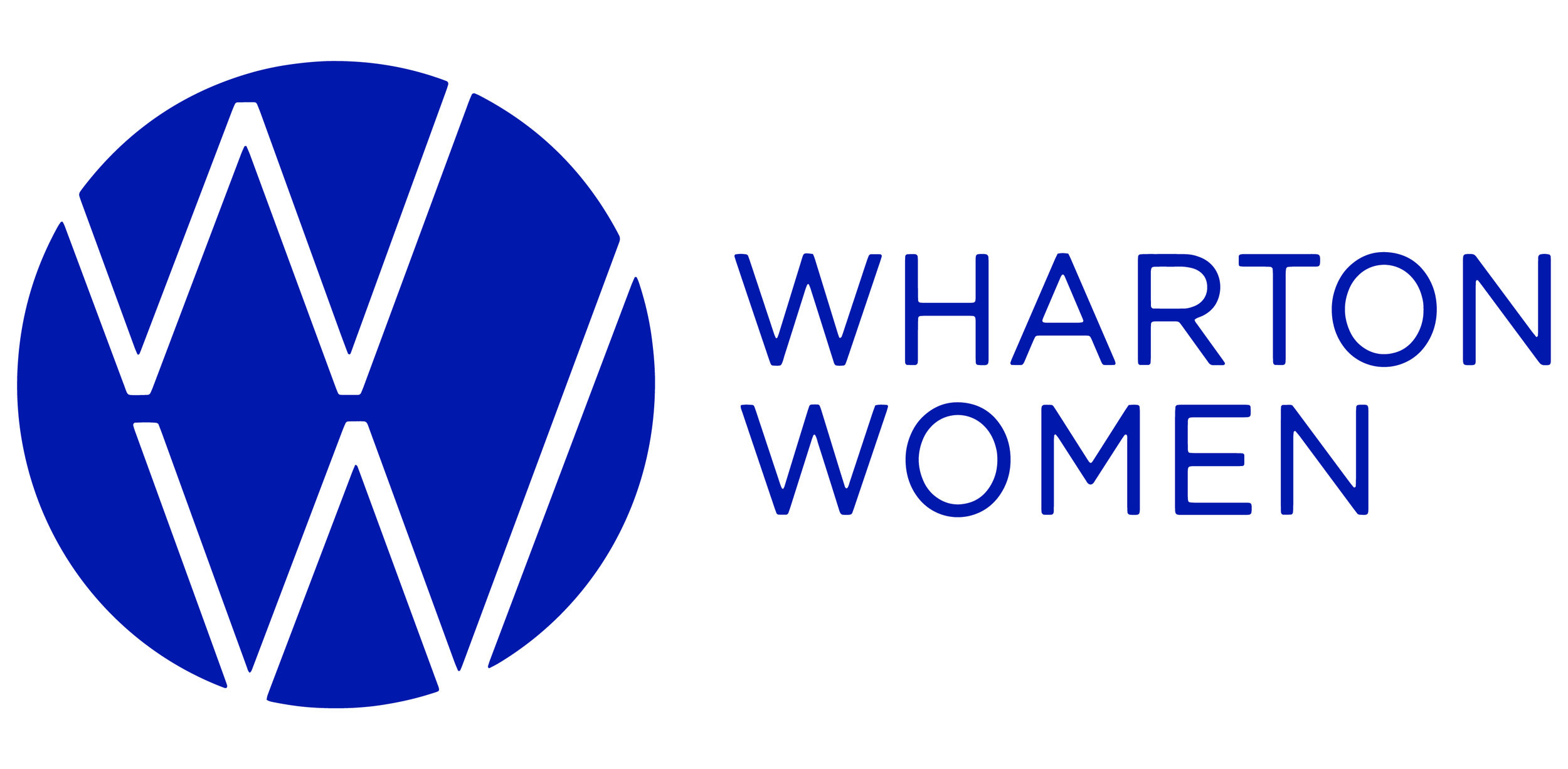Wharton Women Committee Spotlight: Dollar Scholars
Written by Uma Mukhopadhyay (C ‘28); Edited by Ella Gupta (W’27)
From programming workshops that address menstrual equity to coordinating financial literacy education in local high schools, the Dollar Scholars Committee aims to use their platform as Wharton Women to give back to the greater Philadelphia community. VP of Philanthropy Alejandra Lozada (LSM ‘25) leads one of the two philanthropic committees of Wharton Women, including Dollar Scholars and discusses the committee’s plans for this year and what her involvement means for her and fellow members.
Can you describe Dollar Scholars’ mission under your leadership?
Under Dollar Scholars, we are dedicated towards addressing issues and philanthropic initiatives, also providing financial literacy mentorship in schools in Philadelphia. Since I started leading the committee, we tried to steer the focus more towards financial literacy — which is why Dollar Scholars was initially started. Last semester, we were working on different workshops on budgeting and credit/debit, so that’s a bulk of the work we did.
We also worked on establishing new initiatives to involve the greater Wharton Women community. For example, we collaborated with the Evolve Committee to do a menstrual equity GBM, also focused on period packing, and we did that same workshop this semester. These are some of the initiatives we’ve done to magnify philanthropy to the greater Wharton Women community. This semester, we’re planning on taking the financial literacy workshops we made last year and integrating them into Philly school systems.
What is some of the work the committee is doing to incorporate financial literacy programming into high schools?
In Philadelphia, it’s mandated to have financial literacy classes in high schools. Our original goal was to work with a couple of schools in Philadelphia and also different areas outside of Philadelphia, and a lot of the time we were doing outreach work.
Since after the pandemic it’s been difficult to get high schools to interact with outside entities, our goal was mainly to establish communication. We were also phasing out a project with the Netter Center, where people could go volunteer. While committee members were working on workshops, old Dollar Scholars members were also volunteering through the Netter Center. In that way, we had a dual-approach, setting the foundation for this year’s projects.
Why do you think this work is important in an organization like Wharton Women?
In Wharton Women, we are so lucky to have access to women from a variety of different backgrounds, whether it be where we’re from or what we’re studying. One of the great things about this organization is that we’re able to magnify issues that are important to women and also talk about different aspects within business, like financial literacy.
It’s very important to recognize that we exist in a context where we’re allowed to do that and where access to financial literacy is something that we have within our school — so, it’s important for us to be able to give that back in other places, where financial literacy is just starting off. The younger we can teach financial literacy to young people, the better it will be for their long-term financial growth. That’s one of the main reasons that Dollar Scholars and the workshops that we have produced are significant.
In terms of bringing general philanthropic initiatives to Wharton Women, it’s important to use the resources that we have for good, which is one of the reasons why I thought that doing a period packing workshop would be beneficial, to do something productive and make packs for people in need, but also to discuss issues that affect us like menstrual equity. For this semester’s workshop, we have collaborated with the Children’s Hospital of Philadelphia Menstrual Health Equity Initiative to package period packs — which are filled with menstrual supplies — and distribute them to approximately 300-350 people in 12 homeless shelters per month.
How has Dollar Scholars impacted you overall?
Leading Dollar Scholars has been an enriching opportunity. My main goal when I took on the position was to reconnect with the side of myself that was very interested in philanthropy.
I feel like when we’re in college, we get so hyper-fixated on our goals and advancing our careers that we forget to take a moment to step back and engage in the things we perhaps don’t make as much time for. At the end of my junior and beginning of my senior year, I was able to reconnect with philanthropy and engage with the community through Dollar Scholars. For that reason, I think it is such a great committee. We’re constantly evolving, and if anyone’s interested or resonates with our goals, we’d love to have them soon.
This interview has been edited and condensed for clarity.
